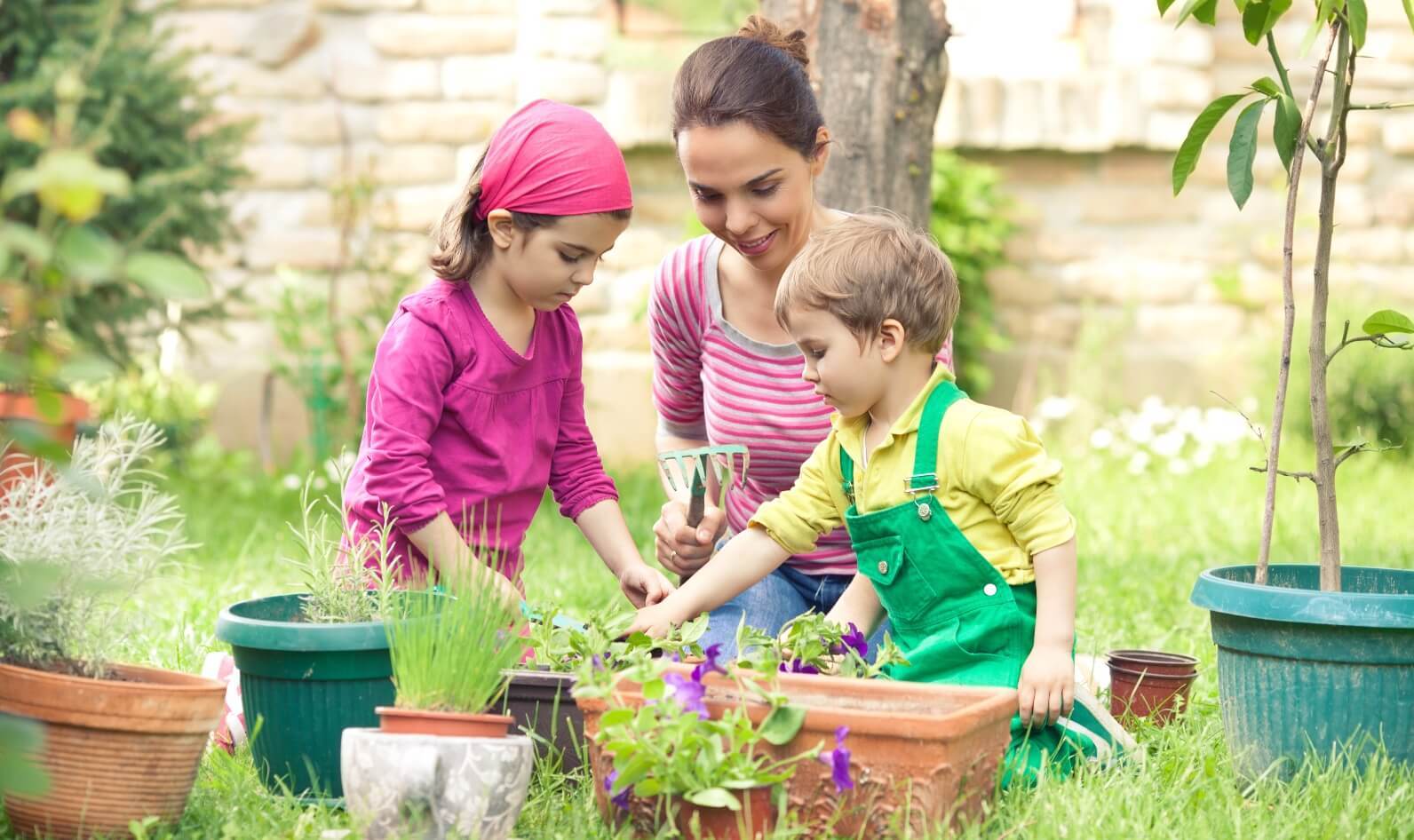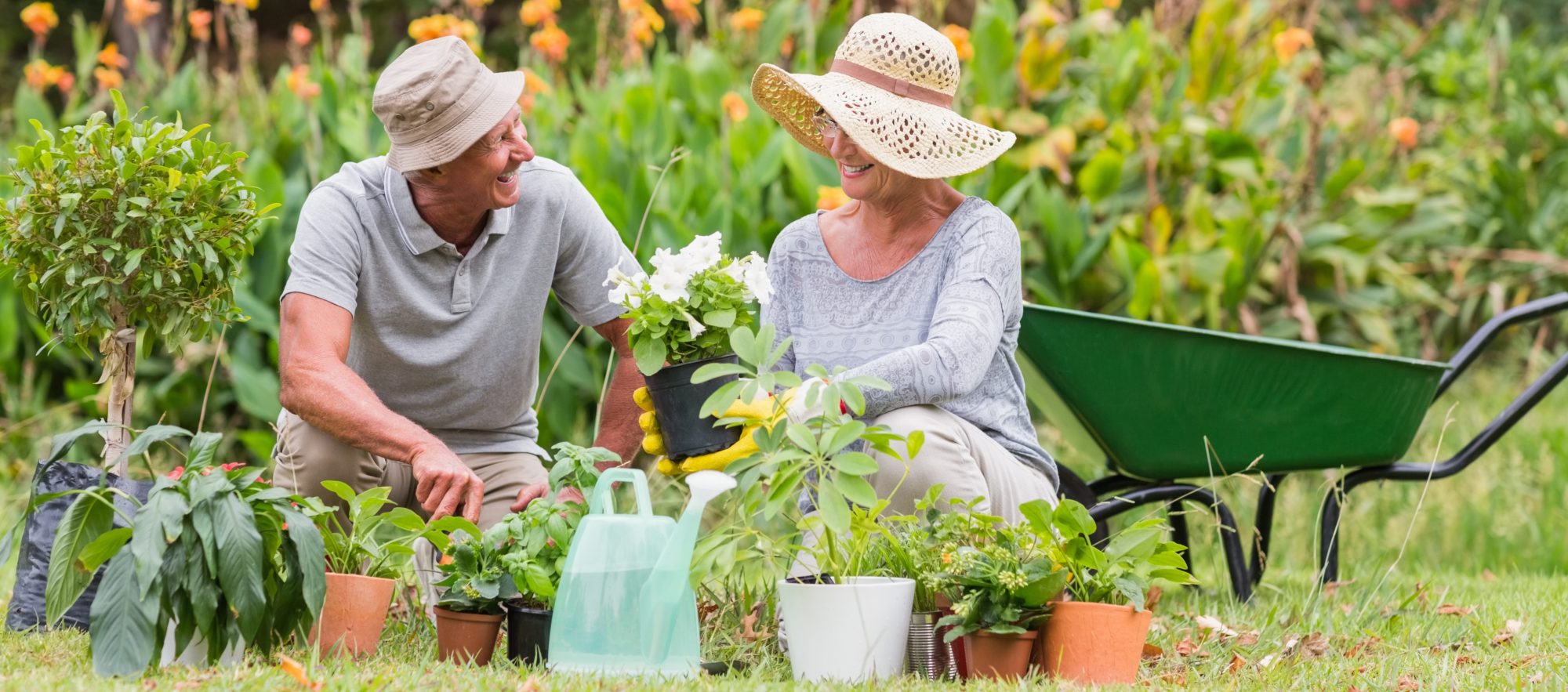Sustainable Gardening Practices for an Eco-Friendly Yard
Opening the Conveniences of Gardening: An In-depth Consider the Different Kinds and Their Influence on Health
Discovering the multifaceted benefits of gardening discloses a range of techniques that considerably enhance individual wellness. As we check out these varied horticulture approaches, it ends up being apparent that their influence can resonate on individual, social, and ecological levels, prompting a more detailed look at how these connections form a natural narrative of holistic wellness.
Sorts Of Gardening

Blossom gardening, one more prominent classification, emphasizes the visual appeal of cultivated blossoms. This type can boost landscapes and promote biodiversity by drawing in valuable pollinators. Herb horticulture involves growing fragrant and culinary plants, contributing both to cooking and all-natural solutions.
Container gardening offers versatility, enabling individuals with limited area to take part in horticulture by utilizing pots and planters. This method is especially popular in metropolitan settings. Raised bed horticulture, on the other hand, involves creating elevated plots that boost soil drainage and availability, making it less complicated for garden enthusiasts to manage their plants.
Last but not least, area gardening promotes partnership among people in common rooms, advertising social interaction and collective duty. Each kind of gardening offers distinct purposes and satisfies different choices, making gardening a flexible task that can be tailored to individual requirements and settings.
Mental Wellness Advantages
Involving in various kinds of horticulture not just produces tangible rewards such as fresh produce and gorgeous blossoms however also offers significant psychological health advantages. Study suggests that gardening can be an effective tool for reducing anxiety, stress and anxiety, and depression. The act of often tending to plants and cultivating a garden cultivates a feeling of function and success, which can boost total psychological health.
Moreover, gardening encourages mindfulness, as it requires individuals to concentrate on today moment, whether it be planting seeds or supporting growth. This mindfulness practice can lead to reduced rumination and improved mood security. The direct exposure to native environments throughout horticulture has actually also been linked to improved cognitive working and lowered feelings of fatigue.
Social interaction plays a crucial function in psychological health, and community gardening campaigns provide chances for people to get in touch with others, cultivating a sense of belonging. The common experience of gardening can cultivate relationships and assistance networks, better reinforcing emotional strength.
Physical Health And Wellness Conveniences
Several individuals might not realize that horticulture also provides substantial physical health benefits. Engaging in horticulture tasks needs a variety of physical activities, consisting of bending, training, excavating, and growing, which collectively add to enhanced toughness, flexibility, and endurance. These actions can boost cardio health and wellness by promoting an elevated heart rate, thereby minimizing the risk of cardiovascular disease.
Additionally, gardening can offer as a moderate-intensity workout, helping people accomplish advised exercise degrees. Studies suggest that regular participation in gardening can burn significant calories-- approximately 200-400 calories per hour, relying on the intensity of the jobs carried out. Such calorie expense is beneficial for weight monitoring and total metabolic wellness.
Furthermore, exposure to sunlight throughout gardening can help with the synthesis of vitamin D, which plays an important role in keeping bone health and wellness and supporting immune feature. Moreover, the act of gardening frequently includes dealing with soil, which has been connected to prospective mental and physical health and wellness benefits as a result of the presence of valuable bacteria. Gardening.
Social Links Via Horticulture
The public facets of gardening foster purposeful social links among people. Community yards, particularly, act as dynamic hubs where individuals from varied backgrounds collaborated, cultivating not only plants but likewise connections. These shared areas motivate partnership, enabling individuals to trade understanding, skills, and helpful site sources, consequently improving their gardening experience and fostering a sense of belonging.
Involvement in horticulture tasks typically causes the development of relationships and assistance networks. Individuals regularly unite for common goals, such as planting seasons, harvest events, or instructional workshops, which enhance social connections and develop a sense of neighborhood. Such communications can minimize sensations of seclusion and enhance psychological health, as individuals find friendship and camaraderie in shared ventures.

Environmental Influence of Horticulture
Horticulture considerably adds to environmental sustainability in multiple methods. Home yards offer essential environments for different species, consisting of pollinators such as and butterflies, which are important for ecological community health.

In addition, yards play a vital duty in water preservation. Well-planned landscapes, including native plants and xeriscaping, lower water use and stop overflow, consequently shielding local rivers from contamination.
Final Thought

The varied kinds of gardening-- including veggie, flower, herb, container, and raised bed-- contribute to psychological and physical wellness, foster social links, and promote ecological sustainability. By engaging in gardening practices, people can experience better high quality about his of life while likewise sustaining area bonds and eco-friendly health and wellness.